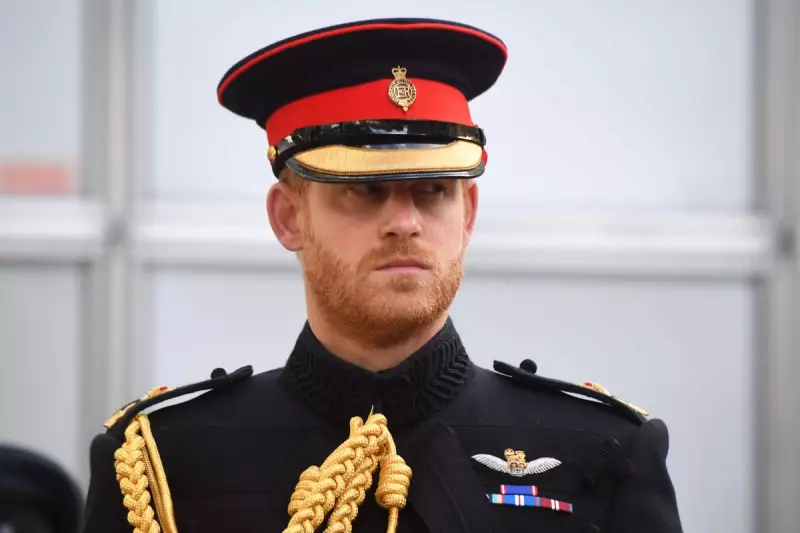
In a deeply personal and moving essay, Prince Harry has issued a powerful call to honour not just the physical sacrifices of military personnel, but their psychological battles too.
The Duke of Sussex, himself a former Army officer who served two tours in Afghanistan, emphasised that the "unseen wounds" of service can be as devastating as physical injuries. His words come as the nation prepares for Remembrance commemorations.
The Unseen Battlefield
Harry revealed that his own decade of military service gave him profound insight into the mental health challenges facing veterans. "The psychological impacts of service are often hidden from view," he wrote, "but they can be just as debilitating as physical wounds."
The royal specifically highlighted how many veterans struggle to ask for help due to perceived stigma, creating what he described as "silent suffering" within military communities.
From Personal Experience to Global Mission
Harry's commitment to veterans' wellbeing isn't merely rhetorical. Through his work with the Invictus Games Foundation, he has witnessed firsthand how sport and community can aid recovery from psychological trauma.
"The transformation I've seen in veterans who discover new purpose through programmes like Invictus is extraordinary," he shared. "It proves that with proper support, recovery is possible."
A Call to Action
The essay serves as both tribute and urgent appeal. Harry called on society to:
- Recognise mental health struggles as combat wounds
- Create more accessible support systems for veterans
- Continue supporting veterans long after their service ends
- Break down stigma around discussing psychological trauma
His message arrives at a poignant moment, as the nation remembers those who made the ultimate sacrifice. Harry stressed that honouring the fallen includes properly caring for those who return carrying invisible scars.
"Remembrance is about more than looking back," he concluded. "It's about how we support those who still walk among us, bearing the hidden costs of service."





